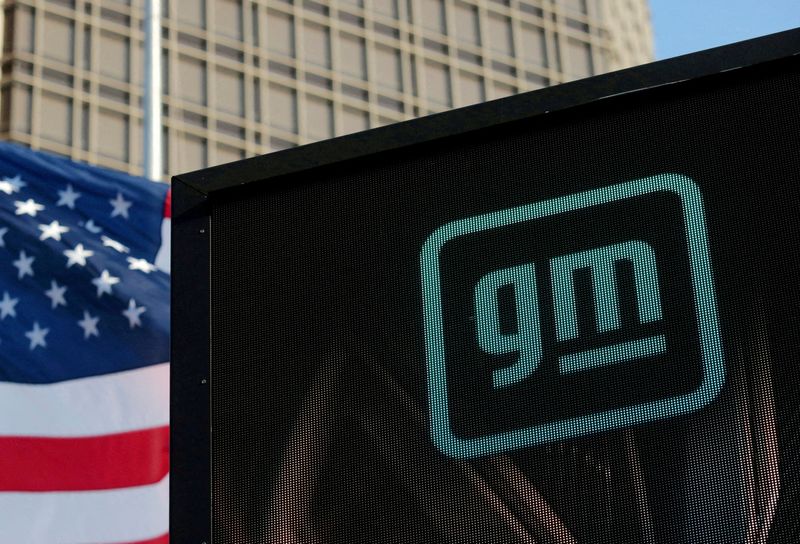(Reuters) -Major automakers including General Motors (NYSE:GM), Toyota Motor (NYSE:TM) and Volkswagen (ETR:VOWG_p) and two air bag makers said on Tuesday they oppose the U.S. auto safety regulator’s bid to require the recall of 52 million air bag inflators.
Officials with the U.S. National Highway Traffic Safety Administration (NHTSA) argued at a hearing in October that inflators produced by the two air bag manufacturers, ARC Automotive and Delphi Automotive, should be recalled because they may rupture and send metal fragments flying.
The issue is linked to one U.S fatality and seven injuries, NHTSA said, following an eight-year government investigation. If the recall proceeds, it would be the second-largest in U.S. history.
Automakers and manufacturers said the risks from the issue were exceedingly small and questioned the agency’s analysis and rationale for seeking a recall.
ARC said under NHTSA’s estimated failure rate there would be less than one new rupture over the next 33 years.
The inflators in question had been used in vehicles produced from 2000 through early 2018 by 12 automakers. Ford (NYSE:F), Mercedes-Benz (OTC:MBGAF), BMW (ETR:BMWG), Hyundai (OTC:HYMTF), Kia and Porsche also filed statements of opposition under the regulator’s formal comment process.
NHTSA did not respond to a request for comment.
NHTSA first called for a voluntary recall in May, but ARC rejected it. NHTSA issued an initial decision in September that the inflators should be recalled, the first formal step before it can seek to force a recall.
GM, which in May recalled 1 million ARC inflators after a rupture in March resulted in facial injuries to a driver, said NHTSA failed to demonstrate the need for “a massive and unprecedented expansion of the existing ARC inflator recalls.”
GM added the recall would affect “as much as 15% of the over 300 million registered motor vehicles in the United States.”
GM and Stellantis (NYSE:STLA) both called NHTSA’s decision “arbitrary, capricious, and contrary to law.”
Reuters reported in October that at least 20 million GM vehicles could be affected, while Stellantis has more than 4.9 million vehicles with inflators at issue and has reported just one rupture, in 2009, the automaker said.
VW said “there is no reasoned basis to recall the hundreds of thousands of VW and Audi vehicles” in NHTSA’s initial decision.
Delphi Automotive, part of Autoliv (NYSE:ALV), manufactured approximately 11 million of the inflators through 2004 under a licensing agreement with ARC, which manufactured the remaining 41 million.
Autoliv said it opposed a recall, arguing that NHTSA has not shown they are defective.
ARC reiterated its opposition, saying: “(NHTSA’s) record is devoid of any evidence, let alone credible evidence, that a systemic defect exists.”
NHTSA enforcement official Cem Hatipoglu said at the October hearing that, while the odds for a rupture may not be high, the consequences are “severe and potentially deadly.”



